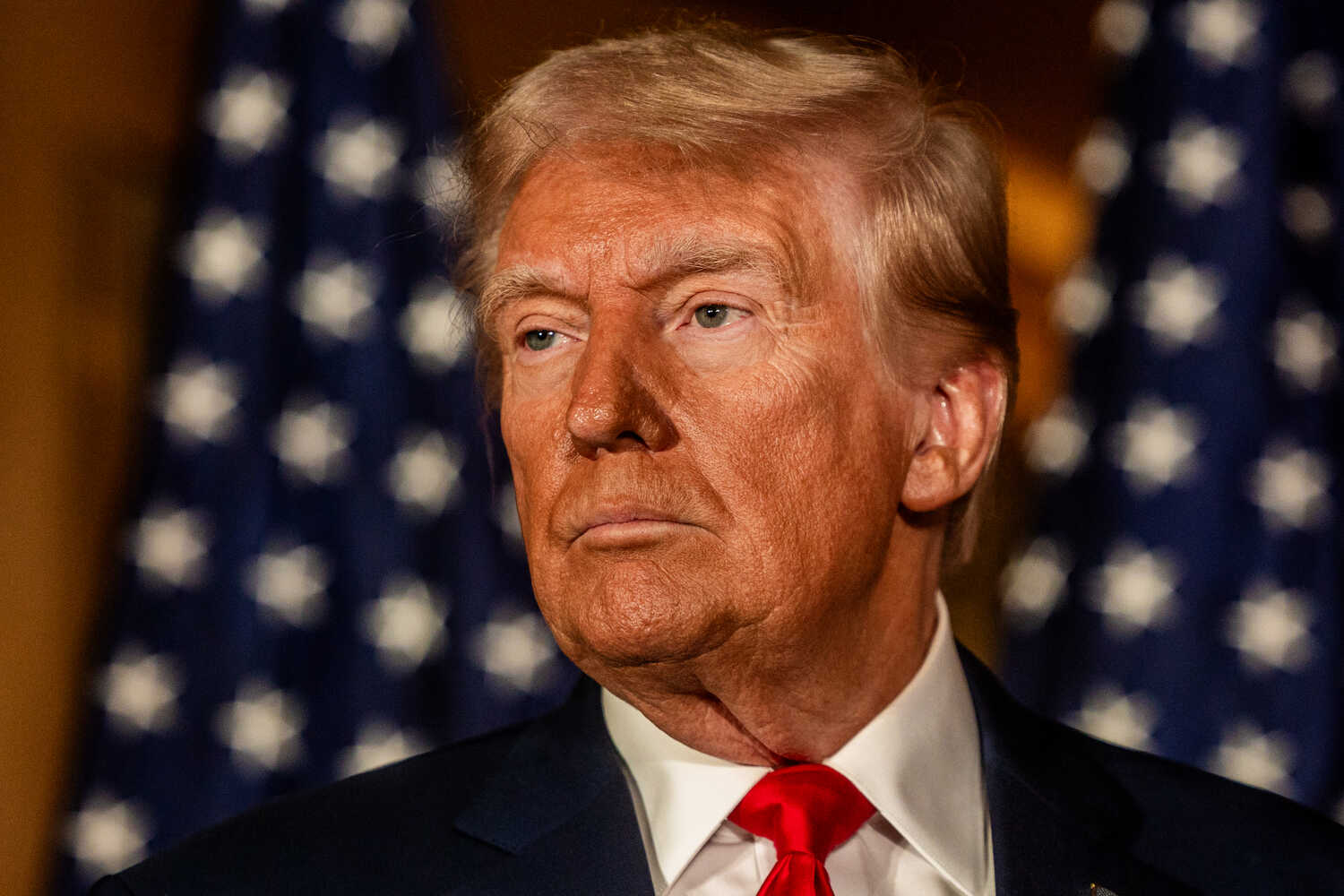 Ex-president claims Biden administration weaponized justice department and caused Secret Service staffing shortages
Ex-president claims Biden administration weaponized justice department and caused Secret Service staffing shortages

Donald Trump has blamed Joe Biden and Kamala Harris for last month’s failed assassination attempt against him by accusing them of making it difficult for the Secret Service to protect him.
The Republican presidential nominee’s claim – for which he offered no evidence – was made on the television talkshow Dr Phil, hosted by Phil McGraw, on Tuesday. The remarks follow disclosures that several Secret Service agents from the Pittsburgh field office had been placed on administrative leave after the 13 July shooting.
At a campaign rally in Butler, Pennsylvania, last month, Trump was grazed on the ear by a bullet after a 20-year-old gunman opened fire from the roof of a nearby building. One rallygoer, Corey Comperatore, was killed and two others were seriously wounded. The gunman was shot dead by a Secret Service officer at the scene.
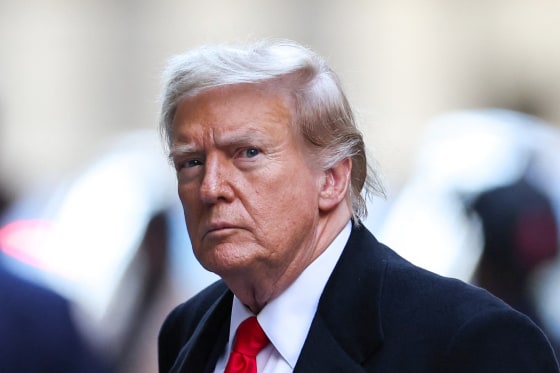
“When this happened, people would ask, whose fault is it?” Trump told McGraw. “I think to a certain extent it’s Biden’s fault and Harris’s fault. And I’m the opponent. They were weaponising government against me, they brought in the whole DoJ to try and get me, they weren’t too interested in my health and safety.
“They were making it very difficult to have proper staffing in terms of Secret Service.”
The Secret Service admitted in the days after the attempt on Trump’s life that the former president’s security detail had complained about a lack of security and personnel in the previous two years, acknowledging that they denied some requests.
The agency’s protection of Trump has been stepped up since the episode, with agents being diverted from Biden’s previous campaign security detail.
The agency’s director, Kimberly Cheatle, resigned after a heated Capitol Hill hearing in which Republican members of Congress assailed her for failing to adequately answer questions over possible security failings leading to the attempt against Trump.
However, there has been no evidence that Biden and Harris, who both condemned the attempt, were directly involved in or interfered with the Secret Service’s arrangements.
Biden, who was still the Democratic presidential nominee at the time of the shooting before later withdrawing, made several public statements in its aftermath and called for a cooling down of the political rhetoric.
In his interview on Tuesday, Trump appeared to blame Biden and Harris for that rhetoric and suggested it may have inspired the attempt on his life.
“They’re saying I’m a threat to democracy,” he said. “They would say that, that was standard line, just keep saying it, and you know that can get assassins or potential assassins going. That’s a terrible thing … Maybe that bullet is because of their rhetoric.”
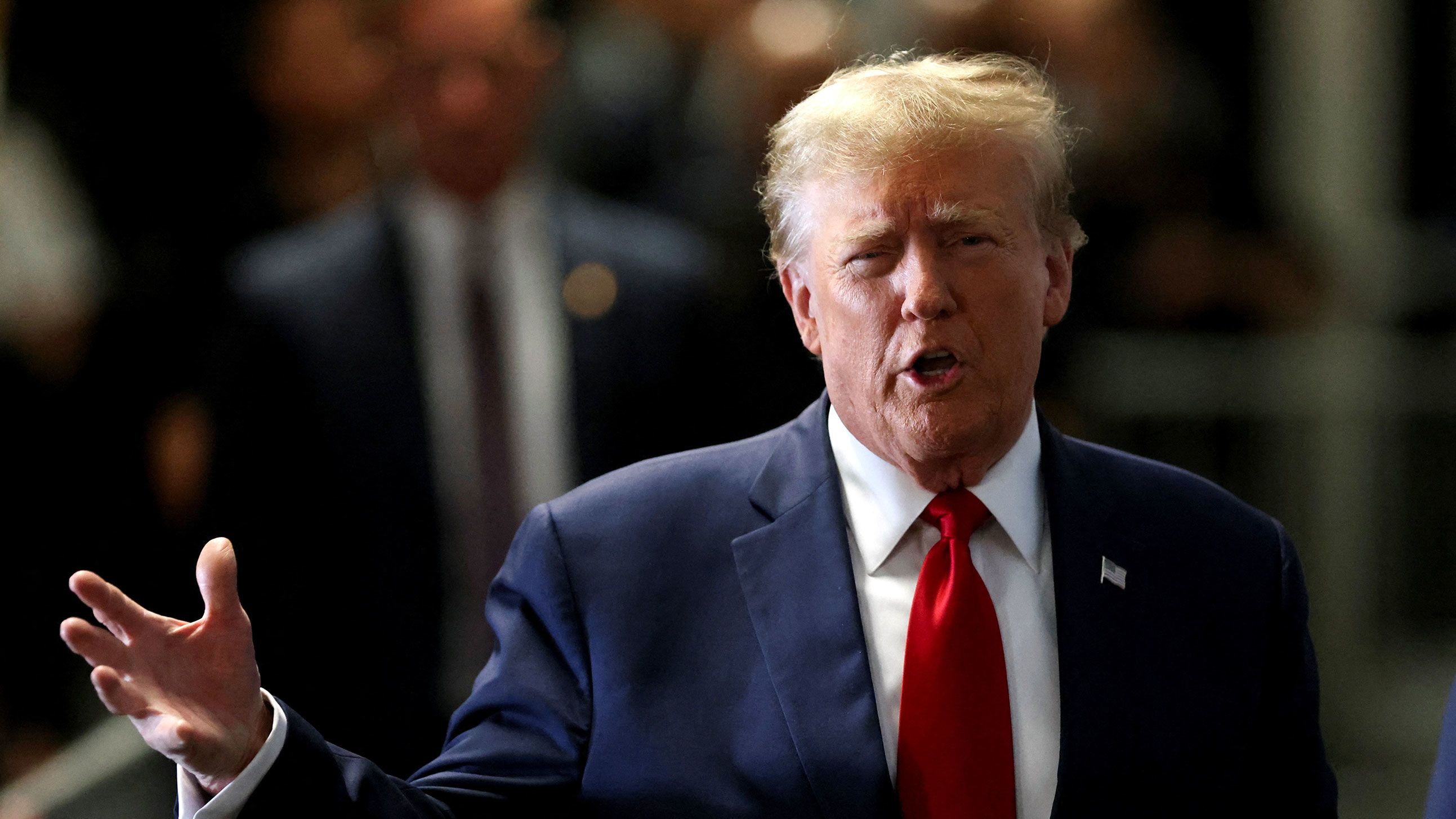
The FBI has said the gunman acted alone and that it has found no evidence that he was driven by ideological motives.
Trump’s comments were his most direct yet about the Biden administration’s supposed responsibility for the episode. He previously wrote on a post in his Truth Social network that it failed in its duty to protect him.
“The Biden/Harris Administration did not properly protect me, and I was forced to take a bullet for Democracy. IT WAS MY GREAT HONOR TO DO SO!” he wrote 10 days after the shooting.
Trump previously made unfounded claims that Biden was weaponising the government against him, accusing the president of unleashing the justice department and orchestrating the multiple criminal investigations he has faced since leaving office.
He also accused FBI agents of being “locked and loaded” and ready to kill him in a 2022 raid on his Mar-a-Lago home in Florida to retrieve classified documents. The bureau said the raid had been timed to ensure the former president was not present and that its agents had been armed in line with standard operation procedure.
The Harris campaign has been contacted for comment.
Federal agency’s radio and drone detection system malfunctioned due to lack of proper technology
The technology flaws of the US Secret Service helped the gunman who attempted to assassinate Donald Trump during a rally in Butler, Pennsylvania, last month evade detection.
An officer broadcast “long gun!” over the local law enforcement radio system, according to congressional testimony from the Secret Service this week, the New York Times reported.
The radio message should have travelled to a command center shared between local police and the Secret Service, but the message was never received by the Secret Service.
About 30 seconds later, the shooter, Thomas Crooks, fired his first shots.
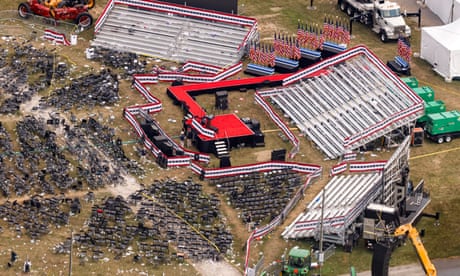
Pennsylvania officer spotted Trump shooter 90 minutes before open fire – report
It was one of several technology issues facing the Secret Service on 13 July due to either malfunction, improper deployment or the Secret Service opting not to utilize them. The Secret Service had also previously rejected requests from the Trump campaign for more resources over the past two years.
The use of a surveillance drone was turned down by the Secret Service at the rally site and the agency also did not bring in a system to boost the signals of agents’ devices as the area had poor cell service. And a system to detect drone use in the area by others did not work, according to the report in the New York Times, due to the communications network in the area being overwhelmed by the number of people gathered at the rally. The federal agency did not use technology it had to bolster their communications system.
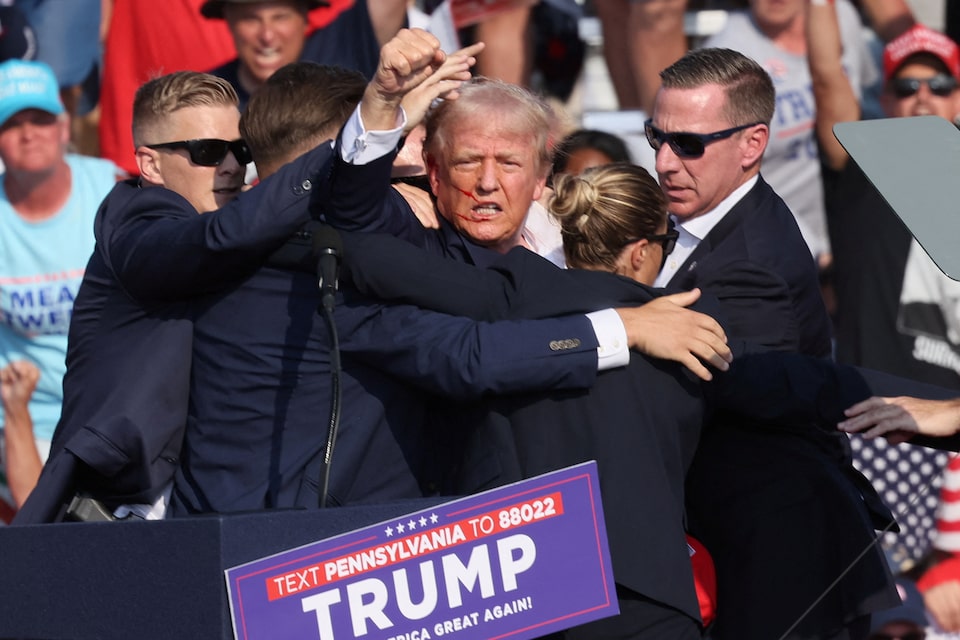
The shooter flew his own drone over the site for 11 minutes without being detected, about two hours before Trump appeared at the rally.
Ronald Rowe Jr, acting Secret Service director, told senators that the agency had technological tools that could have spotted the shooter and allowed the agency to detain and interrogate him before the shooting, but that they were not utilized. Rowe assumed the role after the Secret Service chief, Kimberly Cheatle, resigned shortly after the assassination attempt on Trump and a grilling on Capitol Hill.
Rowe testified that he did not know or understand why the Secret Service did not include the warehouse in its secure perimeter or why a countersniper was not assigned to the roof that the gunman used.
Chris DeMunbrun, a former Secret Service officer, told the New York Times he resigned in 2017 over frustration with the agency’s delays in evaluating new technology and getting clearance and funding to obtain it and then train officers on it.
At the rally, the Secret Service also failed to record communications between federal and local law enforcement.
